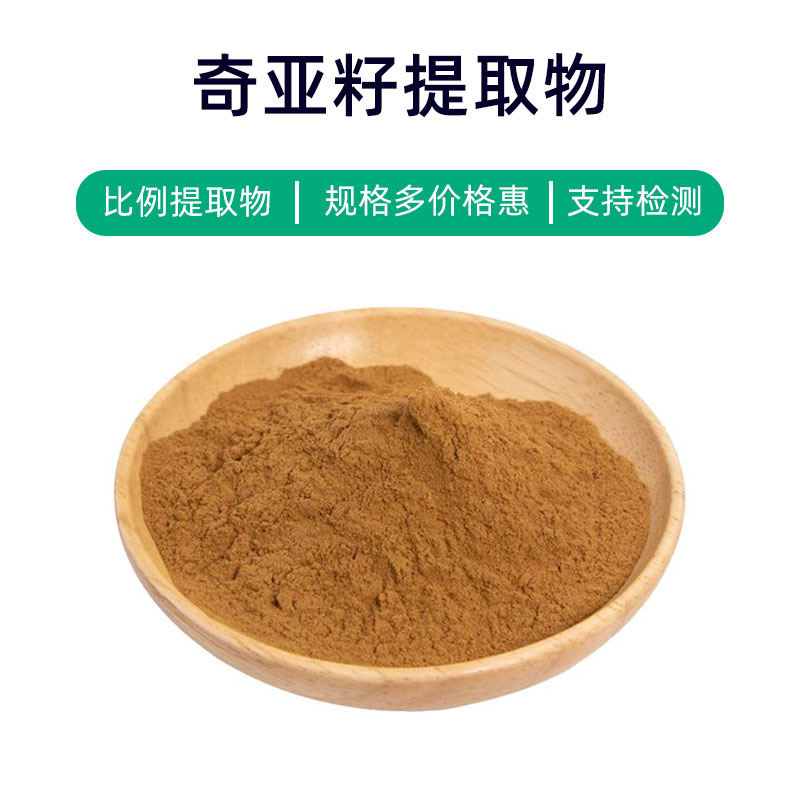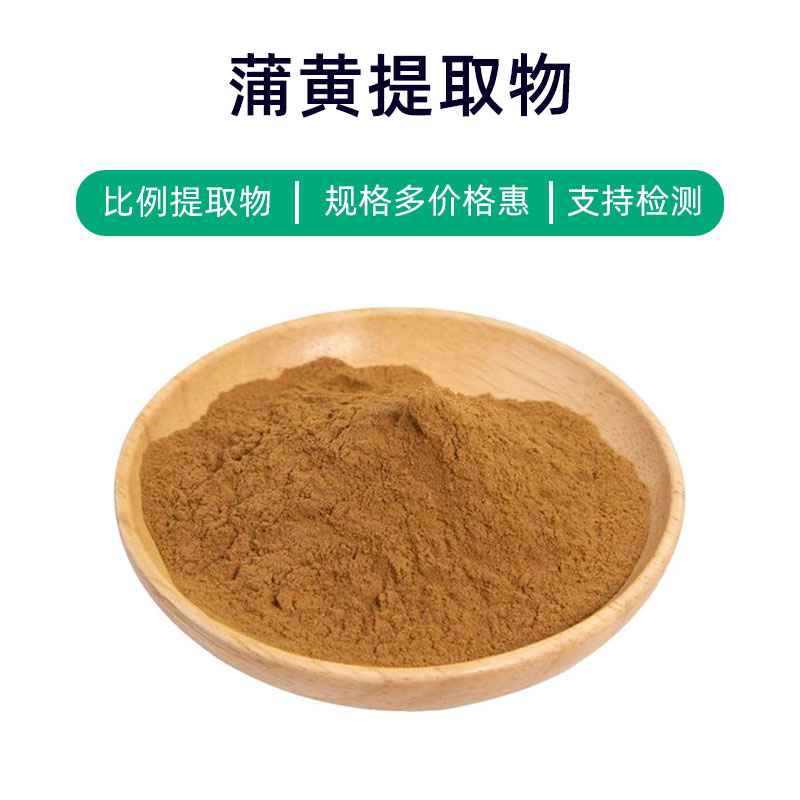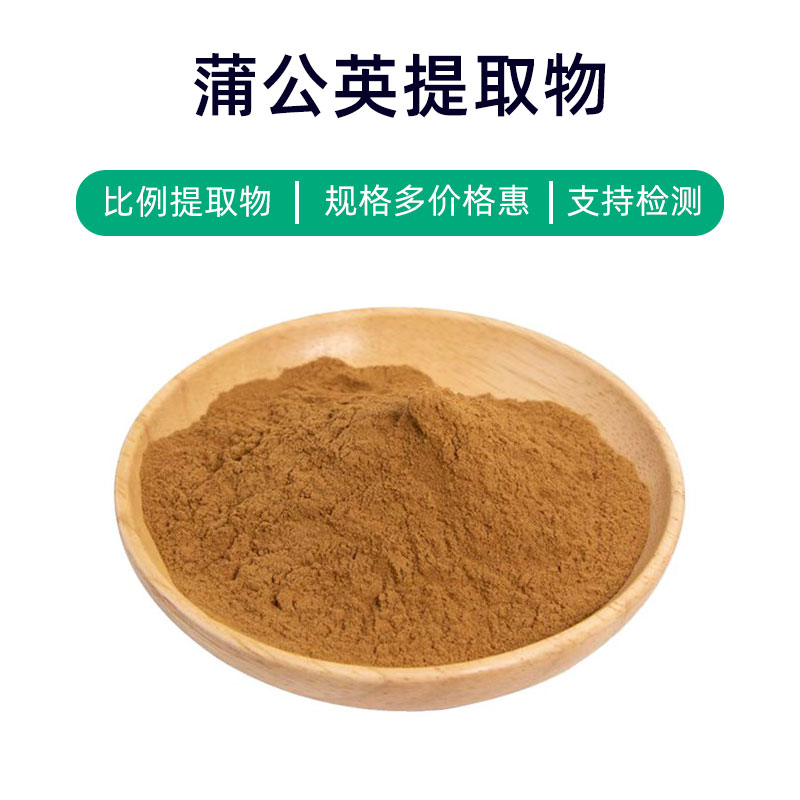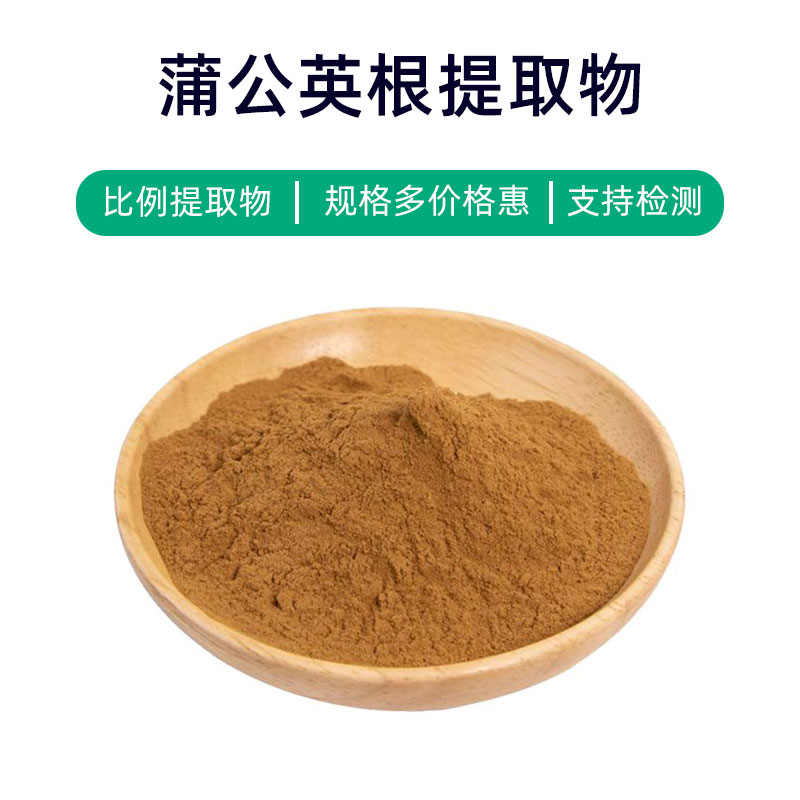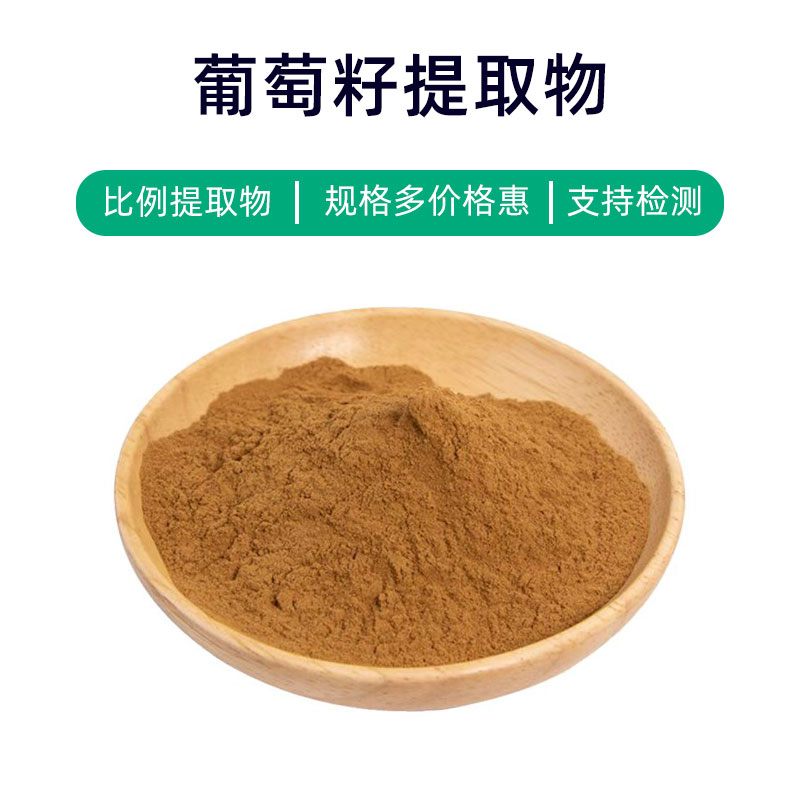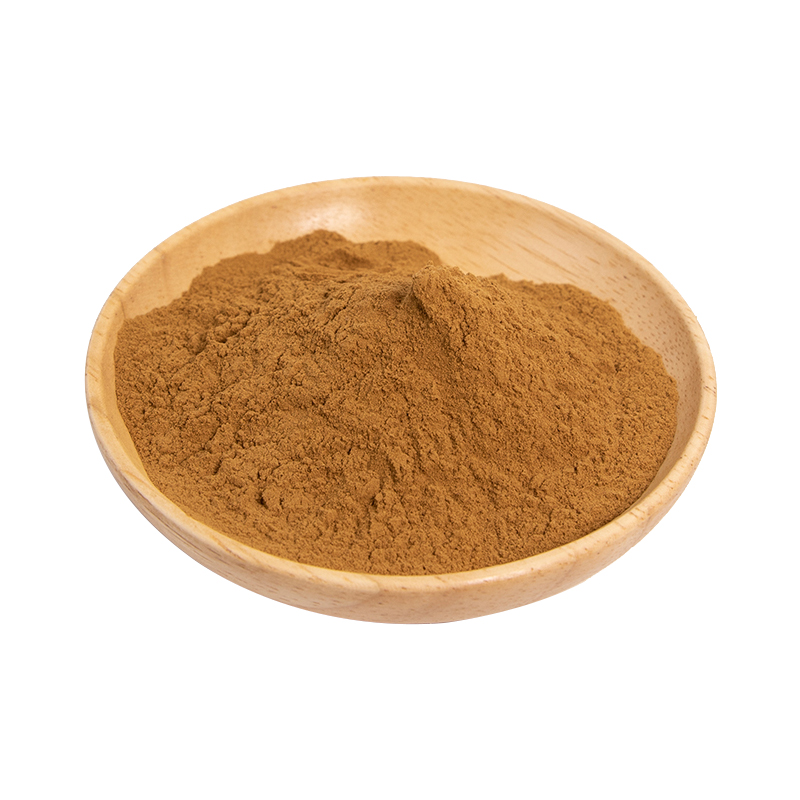Product Introduction of Onion Extract
Onion extract is a plant extract derived from the above-ground parts of onions (Allium cepa), containing a wealth of sulfur compounds, phenolic compounds, vitamins, and minerals. Its primary effects include antibacterial, anti-inflammatory, and antioxidant properties. Onion extract is widely used in the medical field for preparing antibacterial drugs, anti-inflammatory medications, and antioxidants, assisting in the treatment of skin infections, inflammation, and issues caused by oxidative stress. Additionally, it is incorporated as an additive and health food ingredient in the food industry, providing antioxidant, preservative, and flavor-enhancing functions. In cosmetics, onion extract is commonly used in skincare products for its antioxidant and anti-aging properties, helping to maintain healthy skin and delay aging. Overall, as a natural plant extract, onion extract offers a variety of benefits and is widely used in the medical, food, and cosmetic industries, providing significant support for health and beauty.
Manufacturing Process of Onion Extract
The production process of onion extract typically involves the following key steps:
- Raw Material Collection and Preparation: Fresh onions are selected, and their above-ground parts are cleaned, cut, or crushed to facilitate the extraction process.
- Extraction Process: Common extraction methods include water extraction, ethanol extraction, and supercritical fluid extraction. Among them, water extraction is relatively common, using boiling or soaking in water to extract active components from onions.
- Concentration and Separation: The liquid obtained from extraction is concentrated to remove moisture and yield a concentrated extract. Subsequently, separation techniques such as filtration and centrifugation are employed to remove impurities and solid particles, resulting in pure onion extract.
- Drying and Grinding: The obtained extract is dried to reduce moisture content, enhancing stability and shelf life. After drying, the extract is typically ground to achieve a uniform powder consistency.
- Quality Control: The extract undergoes quality analysis and testing to ensure compliance with relevant standards and regulations, including assessments of active ingredient content, microbial quality, and heavy metal residues.
- Packaging and Storage: The extract is placed in suitable packaging containers labeled with product name, batch number, production date, etc. It should be stored in a dry, cool environment, avoiding direct sunlight and high temperatures.
- Distribution and Sales: After passing quality inspection, the extract can be packaged, labeled, and distributed for use in the medical, food, or cosmetic industries.
The above outlines a general production process for onion extract; specific parameters and procedures may vary depending on the manufacturer's situation and product requirements.
Efficacy and Side Effects of Onion Extract
As a natural plant extract, onion extract possesses various effects and roles in the medical, food, and cosmetic fields, with its main benefits as follows:
- Antibacterial and Anti-inflammatory: Onion extract is rich in sulfides and antioxidants, exhibiting antibacterial and anti-inflammatory properties useful for treating skin infections and inflammatory diseases.
- Antioxidant: Various active components in onion extract have antioxidant effects, helping to eliminate free radicals in the body and protect cells from oxidative damage.
- Blood Pressure Reduction: Research indicates that certain components in onion extract can help lower blood pressure, aiding in the regulation of blood pressure and preventing symptoms of hypertension.
- Blood Sugar Regulation: Some studies suggest that onion extract may have a significant role in regulating blood sugar levels, which can be beneficial for individuals with diabetes.
- Anti-tumor Effects: Certain active compounds in onion extract exhibit anti-tumor properties that can inhibit the growth and spread of tumor cells, supporting cancer prevention and treatment.
- Digestive Aid: Onion extract is rich in fiber and enzymes, which can promote the secretion of digestive juices, enhance gastrointestinal motility, and improve digestive function.
- Anti-allergic: Some studies show that certain components of onion extract may alleviate allergic reactions and symptoms such as rhinitis and asthma.
- Beauty and Health: The active ingredients in onion extract have antioxidant and anti-inflammatory benefits, making it suitable for beauty and skincare products, with effects such as anti-aging and skin purification.
It is notable that while onion extract is generally safe as a natural plant extract, individual differences and allergic reactions should be taken into account. Excessive use may lead to digestive discomfort and adverse reactions, so appropriate dosage and frequency should be observed to avoid side effects. Consultation with a doctor or professional before use is recommended to ensure the safe and effective application of onion extract.
Application Scenarios and Dosage of Onion Extract
As a natural plant extract, onion extract has extensive applications in the medical, food, and cosmetic sectors. Below are its application scenarios and usage guidelines across different fields:
- Medical Field:
- Uses: Onion extract is commonly used in drug formulation to treat various illnesses and symptoms.
- Applications: It can be used in oral medications, topical ointments, and injectables in different forms.
- Dosage: Specific dosage should be determined according to a doctor's prescription based on the patient's condition, following physician recommendations.
- Food Industry:
- Uses: Onion extract can serve as a food additive to enhance flavor and nutritional value.
- Applications: Commonly used in the production of seasonings, sauces, soup bases, beverages, etc.
- Dosage: Usually calculated based on production formulas and national standards, adhering to food safety regulations.
- Cosmetics Field:
- Uses: Onion extract is frequently included in cosmetics for its skincare, moisturizing, and antioxidant benefits.
- Applications: It can be utilized in formulations for facial skincare products, body lotions, shampoos, and hair care items.
- Dosage: Typically determined according to cosmetic formulations and production standards, conforming to cosmetic safety requirements.
- Dosage and Usage Cautions:
- In the medical field, products should be used as directed by healthcare providers, avoiding overuse or prolonged continuous use.
- In food and cosmetic contexts, products should be used according to labeling instructions or formulation requirements to avoid exceeding recommended amounts or causing allergic reactions.
- Individuals with allergies to onion extract should avoid exposure to related products to prevent adverse reactions.
Overall, onion extract holds significant application value in the medical, food, and cosmetic sectors, but proper usage and dosage should be observed, along with adherence to safety regulations and standards, to ensure the safety and efficacy of the product.
Introduction to Plant Source of Onion Extract, Distribution, and Growth Environment
Onion (Allium fistulosum) is a common vegetable and medicinal plant, also known as scallion or green onion, whose extract holds important application value in the medical and food industries. Here are detailed insights into the plant source of onion extract, its distribution, and growth environment:
- Plant Introduction:
Onion is a perennial herb belonging to the onion genus in the lily family. Its underground part forms a bulb, while the above-ground part consists of long, oval-shaped or slender leaves that are tough and juicy. The inflorescence is umbellate, with flowers generally white or light purple, and its seeds are round, black, or dark brown. - Distribution:
Onions are native to Asia and are widely distributed in regions such as China, Japan, and Korea. Due to human activity, onions have been introduced globally and are cultivated extensively in temperate and subtropical zones. Worldwide, onions are a significant vegetable crop and have received widespread attention and cultivation. - Growth Environment:
- Onions thrive in sunny, humid environments. They are not strictly particular about soil but prefer loose, well-drained sandy loam.
- They possess strong cold resistance and can grow normally in cold climates, but have a lower adaptability to high temperatures and drought.
- During the growth period, onions require sufficient moisture and nutrients to facilitate leaf growth and nutrient accumulation.
- Cultivation Techniques:
- Onions are typically cultivated through seedling transplanting, with suitable sowing periods in spring or autumn.
- Appropriate fertilization and irrigation management are necessary during growth to maintain soil moisture and sufficient nutrient supply.
- Regular weeding and tilling are needed to maintain a conducive growing environment.
- Relevant Characteristics:
- Onions exhibit strong adaptability and resilience, capable of growing across different regions and climates.
- Their extract is rich in various bioactive components, holding medicinal value including antioxidant, antibacterial, and anti-inflammatory properties, garnering significant attention from the medical and food sectors.
In conclusion, onions serve as an important vegetable and medicinal plant with extensive global distribution and cultivation. The application of their extract is favored due to its rich bioactive components.
Processing and Storage of Onion Extract
The processing of onion extract typically includes the following steps: first, fresh onions are harvested and cleaned; next, the cleaned onions are chopped or crushed to facilitate the extraction of active components; then, suitable extraction methods (such as water or ethanol extraction) are employed; finally, the resultant onion extract undergoes concentration, filtration, and drying processes. When storing, onion extract should be kept in a dry, cool, well-ventilated place, avoiding direct sunlight and high temperatures to prevent moisture, oxidation, and spoilage. Typically, it can be preserved in sealed containers to minimize air exposure, extending its shelf life.
Monica Sun is a seasoned expert in the plant extraction industry with over a decade of experience in research and production. She specializes in the extraction and purification of plant active ingredients, focusing on driving innovation in natural product applications. Monica has participated in the development of multiple functional plant extracts, delivering high-value natural raw material solutions for the health food, pharmaceutical, and dietary supplement sectors.









